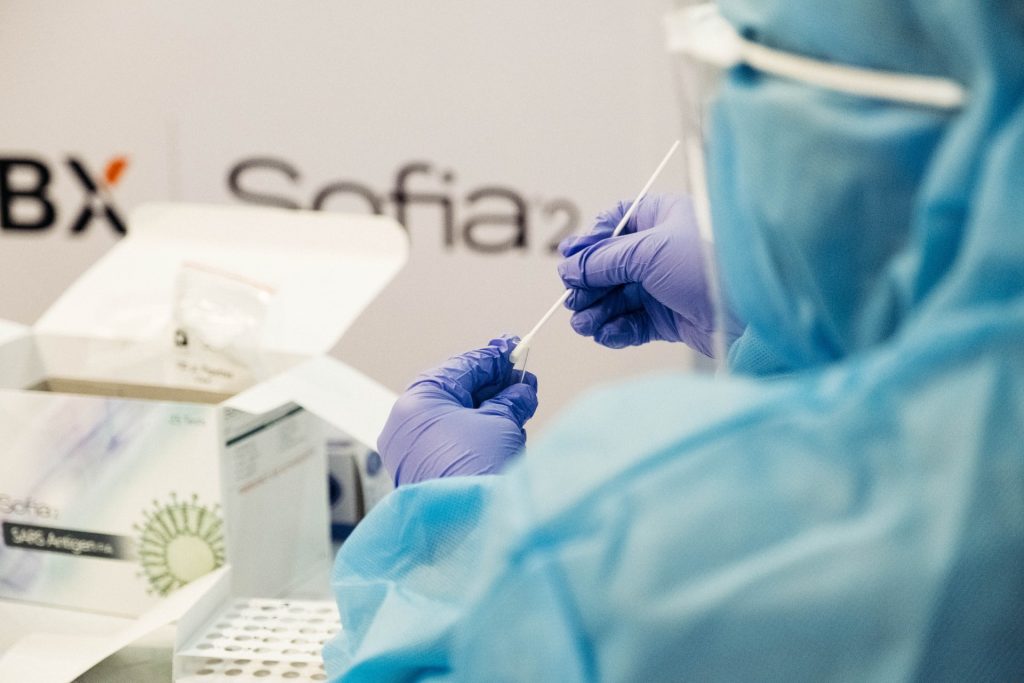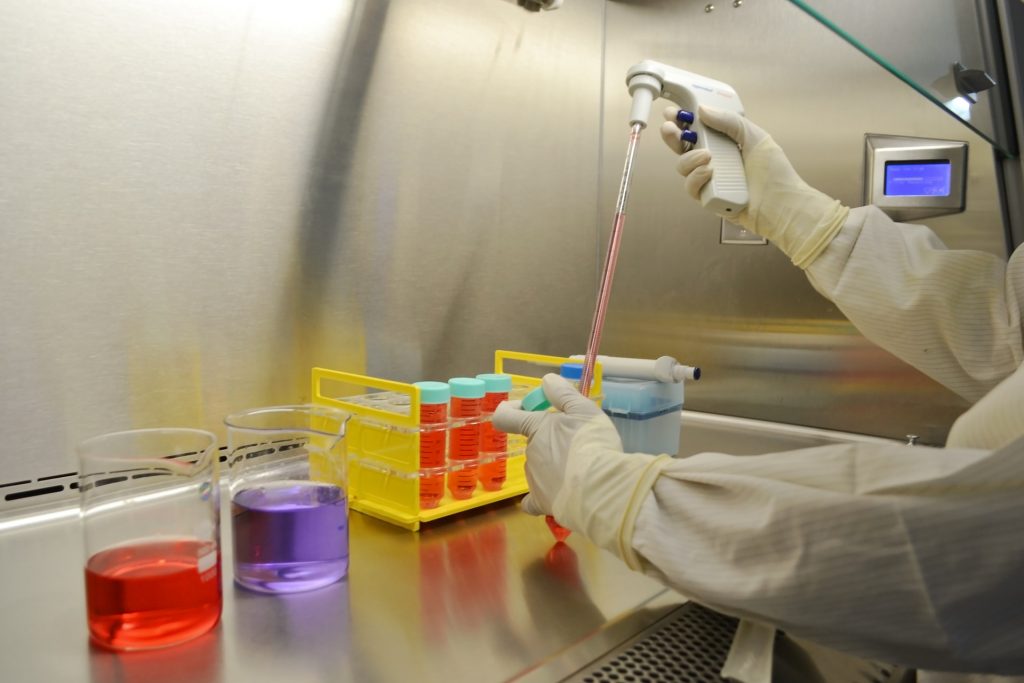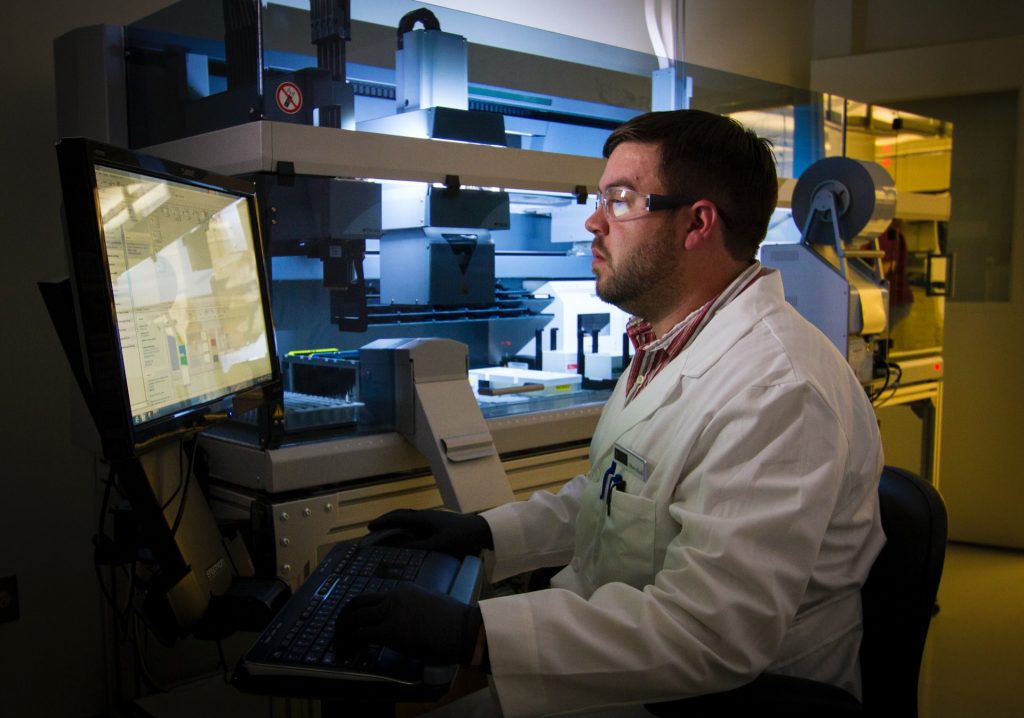
How Automation in Clinical Trials helped Covid Vaccines
Written on April 5, 2021 By Gregory Dinnell in Technology
Whether we like it or not, the Covid 19 pandemic is affecting and dominating every aspect of the way we live. Luckily, with the new vaccines rolled out, we can see the light at the end of the tunnel. The use of automation in clinical trials has helped the entire process and made the vaccines happen in less than a year. Automation in trials are nothing new, but more and more pharmaceutical companies are automating certain parts of their clinical research and development activities, and here is why.

The Rise of Automation in Clinical Trials
Automation in clinical trials makes the entire process more efficient and effective. Trials are one of the most costly aspects of the pharmaceutical industry. This is especially true in more advanced medical research. Trial data management involves storing all data relating to a medical research project, as well as communication between the clinical research organisation and the various drug companies. This can easily take up a lot of time and is therefore automated for better accurate results. Automation allows anything from data management tasks, such as scheduling appointments, maintaining patient files and managing financial data. A trial team is usually able to input all of the necessary information into the medical software program, making it easy for them to manage the trials. They can then be confident that all the necessary information is available to them when they need it.

What Are the Benefits of Automation in Clinical Trials?
Automation in clinical trials has helped the entire process of covid-19 vaccines. As a result, scientists, researchers and organisations across the globe were able to come together and conduct studies really quickly. One of the main benefits of using automation is the reduced risk of errors. Clinical trials involve gathering and evaluating large amounts of data. Sometimes, drug test results can be wrong. However, with this tool, even the slightest error in data analysis can be caught and corrected before it reaches the regulatory agencies.

Conclusion
Clinical trials can be both complex and tedious and without automation they can be extremely time consuming. By automating some of the work, all parties involved can devote more time to the more important aspects of the research. Therefore, the entire trial can be conducted quickly with better accurate results. And that is why we have managed to find reliable and effective vaccines in just less than a year.

Gregory is a content creator with a focus on photojournalism, capturing the mood and atmosphere of local events and everyday moments.